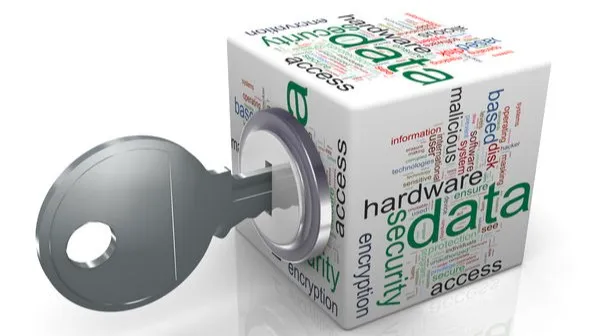
The subject of Privacy is increasingly topical, but are we really sure that concealment and custody are the best strategy?
In this post I am not talking about techniques, but what this technology needs to work at its best.
A bit like an F1 car: to go it needs petrol, and to go faster it needs more petrol.
All of us, or at least most of us, have a Smartphone: smart phone… Nomina sunt consequentia rerum… my high school teacher always said!
Translated from the Latin, it means that the name is the consequence of things, so you are going to get your conclusions ...
In these electronic "amenities", in addition to being a fairly important device, such as the telephone, there are also applications that optimize daily life.
There are also others, with a playful background such as Social, which make us happily spend those few minutes of break at work or during the journey home-work.
As we all well know, these applications make use of the internet in order to get in touch with our "friends" a thousand miles from us.
All our moods pass through this network, the photos we look at, the ones we post and the ones we "like".
All these operations are recorded on a server which, alas, is equipped with a very powerful processor and a well-designed algorithm, which "suggests" which friends we might know or which appliance to buy.
Pay attention to it.
A few days ago I was talking to a friend who has a passion for black and white photographs, a bit retro style and because when your gaze is captivated by a "binary" photograph (with only 2 colors) it is a really nice photo. Regardless of the subject.
In his opinion.
He was telling me how, after viewing some black and white photographs of some friends on Facebook, the algorithm proposed him friends of friends who have black and white photographs in their profile.
It could be insignificant or it could mean something: through a subtle "manipulation" you could make known all the people who like "binary" photos
So far nothing bad, of course, but since the human being is evil, it is also possible to create factions with different thinking and, absurdly (not so much) even to civil wars.
This event apparently has nothing to do with new technologies, but it is not so, believe me.
Indeed
Just by way of example I report some companies that are "greedy" for data:
Facebook with its Lybra would like to get hold of not only our photos taken last summer on vacation, but also how we spend our money;
Google is doing the same: assisted by the banking giant Citigroup, it would like to provide real banking services.
Since Zuckerberg failed, he opted for the metaverse... It just so happens that the company is now called Meta...
In addition to having all our movements in real time through the Google Play services which 90% of smartphones are equipped with. (except that of my friend who being a crazy geek as soon as he bought the smartphone he immediately changed the operating system)
And many others that it is not necessary to list as the concept is quite clear.
But how can we defend the ownership of our personal and non-personal data?
Let's see.
For everyone, the simplest and most logical principle to preserve YOUR OWN data is to keep them on servers with passwords that are quantum-proof.
But no, in that case your data is not yours, but it belongs to someone else who, at will, sells it to companies for a fair reward.
Well you say, but there is a privacy law that protects me so I don't worry!
Mistaken
It protects you as long as your data does not become the property of another custodian who will make the same mistake for the vile money.
Let's change everything, let's turn the medal.
We record everything on a PUBLIC Blockchain where everyone can see if I'm wearing briefs or boxers, if I like Alfa Romeo or Audi clearly in perfect Cypherpunk line, I'm not me but I have a pseudonym that uniquely identifies me and only those who decide I know who I am.
At first glance I am not the OWNER of my data, because they are public, but this is not the case: the records are mine and mine alone are not kept by anyone except me.
In fact, everyone can see them, consult them and why not laugh at the fact that I could wear leopard-print boxers, but ...
There is one but: those who consult my data leave a trace and, in one way or another, I can trace them and pursue them legally.
Now you understand why all institutions are more inclined to a centralized than decentralized system: control.
And why the fact that my friend likes black and white photos is tempting to any search engine or social network.
Not to check it, but to be able to suggest types of purchases dedicated to black and white photographs.
On the contrary, if my preferences or even those of you readers are all public, but collected under a pseudonym that only those who decide we can see them, we are the real owners of our data.
